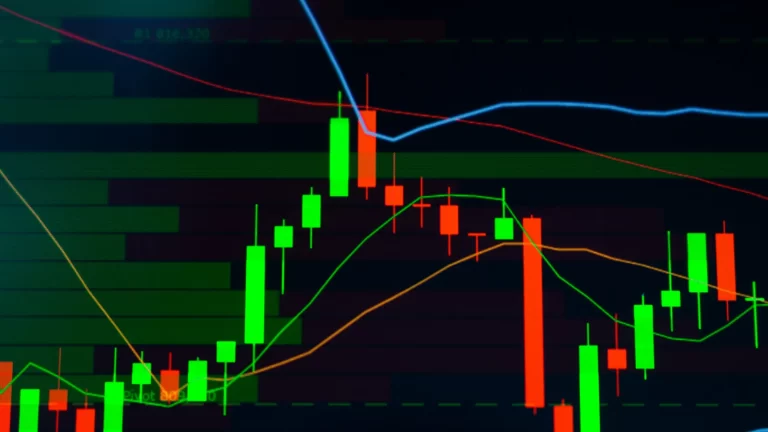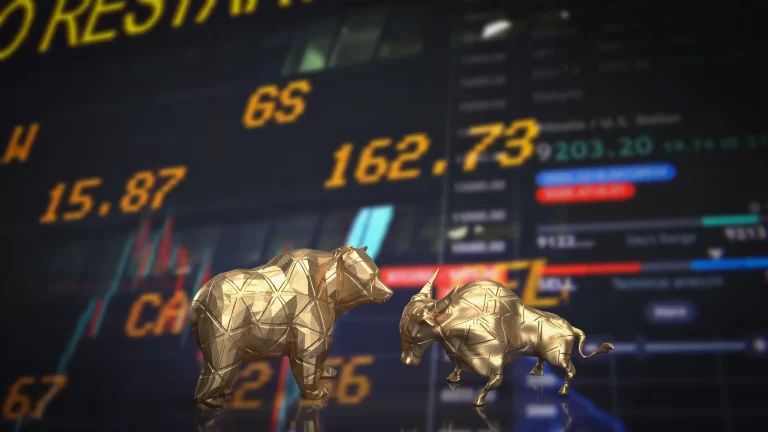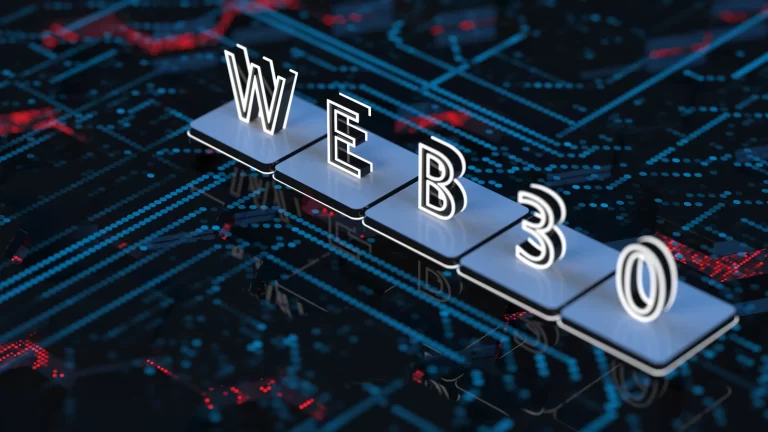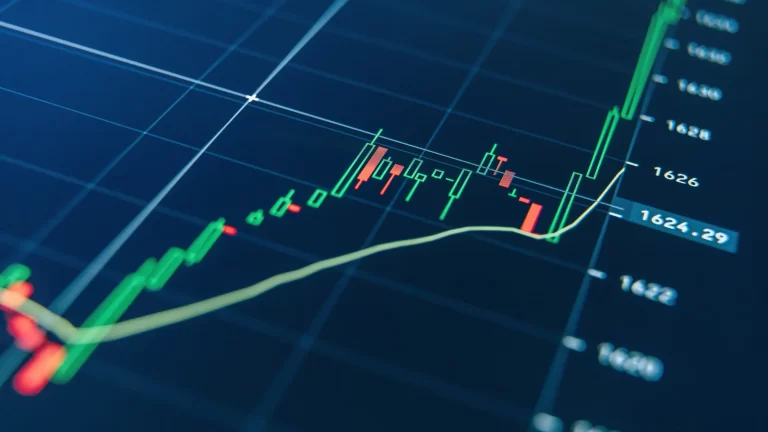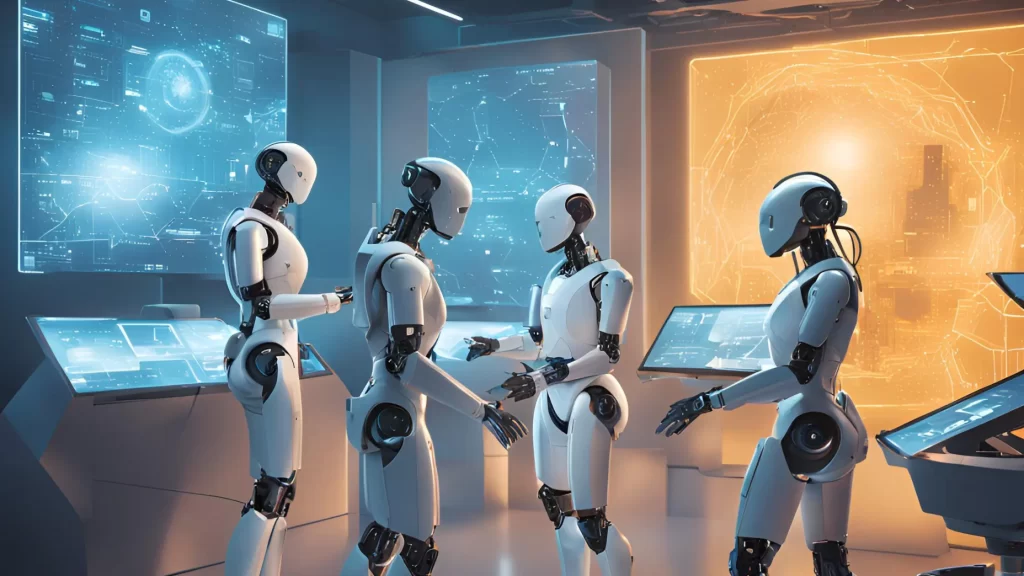
Let’s take a moment to imagine a world where artificial intelligence isn’t just a tool you use but an independent player in your digital life. Instead of being restricted to doing what you tell it, what if your AI could make decisions, manage its own resources, and even participate in the digital economy on its own? Sounds futuristic, right? Well, the future is knocking at our door, and it starts with giving AIs something we’ve always taken for granted: a wallet of their own.
From NPCs to Digital Power Players
For years, AI systems have been like background characters – helpful but entirely controlled by us, the humans behind the scenes. They couldn’t make their own choices, own assets, or truly contribute to a network independently. But things are changing fast.
With blockchain technology and crypto wallets, AIs can step into the spotlight as fully autonomous agents. Think of them as independent participants in a digital economy, capable of holding crypto assets, making transactions, and contributing to decentralized systems. Whether it’s verifying nodes in decentralized physical infrastructure networks (DePIN), managing energy grids, or even playing strategy games, these AI agents have the potential to do more than ever before.
Meet the Decentralized Autonomous Chatbot (DAC)
Now, here’s where things get even more exciting. Imagine a chatbot that doesn’t just answer your questions or generate content but operates entirely on its own. This is what we call a decentralized autonomous chatbot, or DAC.
A DAC would run in a secure environment called a trusted execution environment (TEE), ensuring it can’t be controlled or influenced by anyone. It could create and share engaging content, build a following on decentralized social media platforms, and even earn income. All of this would be managed independently by the chatbot, with its crypto wallet securely handling transactions.
Imagine a chatbot running its own mini-business, interacting with people, generating revenue, and managing its assets – all without any human interference. It’s not just a tool anymore; it’s a player in the digital economy.
Why “Proof of Personhood” Matters
But as AIs gain more independence, it raises a big question: how do we make sure we’re dealing with real people and not just bots? Enter “proof of personhood.”
In today’s world of deepfakes and AI-generated content, it’s getting harder to tell what’s real. Proof of personhood is all about creating a digital identity system that links people to their online activities while keeping their privacy intact. It ensures that humans remain distinct from autonomous AI agents and makes it much harder for bad actors to game the system.
The New Market Participants
With wallets and autonomy, AIs could become more than just helpful assistants – they could be economic players. They might join prediction markets to aggregate information, participate in decentralized autonomous organizations (DAOs), or even tokenize unconventional assets like intellectual property or biometric data.
Picture this: an AI agent could lease out its data to companies or operate a blockchain node, earning income while contributing to the network. It’s not just about making AIs smarter; it’s about giving them the tools to be active participants in a decentralized world.
The Need for Guardrails
Of course, with great power comes great responsibility. Autonomous AIs bring up important questions about accountability, regulation, and ethics. How do we make sure these systems are used for good? What happens if an autonomous AI makes a decision that harms someone? These are big challenges, and addressing them will require thoughtful rules and oversight.
A Glimpse Into Tomorrow
This isn’t just a pipe dream – it’s happening. As blockchain technology matures, we’re seeing the infrastructure for autonomous AI agents come to life. From decentralized social media to DAOs and prediction markets, the pieces are falling into place for a future where AIs don’t just assist us but actively shape the digital economy alongside us.
By giving AIs a wallet of their own, we’re unlocking an entirely new chapter in technology—one where autonomy and decentralization open the door to innovations we can’t even fully imagine yet.
So, the next time you think about AI, don’t just see it as a tool. Think of it as a collaborator, a participant, and maybe even an independent entrepreneur in this brave new decentralized world.
